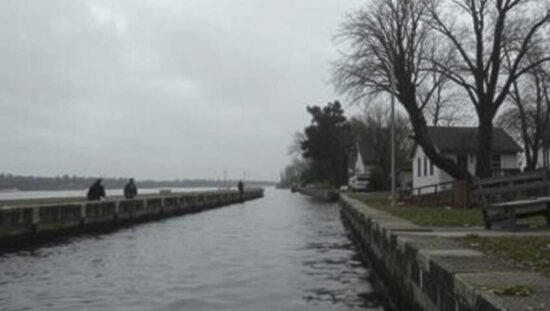A looming financial shortfall threatens the stability and functionality of Germany’s inland waterways, according to a recently leaked internal paper from the Federal Ministry of Transport. The document reveals a projected deficit of approximately €2.8 billion required for essential maintenance and modernization projects, raising serious concerns about the country’s logistics and industrial capacity.
The most critical aspect of the shortfall pertains to systemically vital infrastructure – primarily dams – which regulate water levels and maintain crucial operational safety. Twenty-six such projects, already fully planned but lacking confirmed funding, are identified as particularly vulnerable. Unlike bridges or locks, these dams cannot be readily shut down in emergency situations, posing a significant risk if they fail. Alongside the dams, 24 locks require urgent repair or replacement, as do 39 bridge constructions. These projects span the entirety of Germany’s inland waterways network. Failure to address these needs risks forced closures and subsequent disruptions.
The leaked ministry paper explicitly states that funding for Germany’s waterways is “not secured in many areas” for the coming years. Current projections suggest that only pre-existing contractual obligations can be met between 2025 and 2027. Unexpected price increases in building materials and the need for emergency repairs are expected to exacerbate the funding gap by 2029.
The projected deficits have drawn sharp criticism from the Green Party, who accuse the governing coalition of mismanaging state resources. Tarek Al-Wazir, Chairman of the Federal Transport Committee, condemned the situation, arguing that the government’s failure to allocate sufficient funds despite the existence of a substantial €500 billion special asset fund demonstrates a prioritization of other areas at the expense of essential infrastructure.
Al-Wazir emphasized the unique challenges posed by waterway disruptions. “Unlike on roads, alternative routes are extremely difficult to establish on water”. He highlighted the economic consequences, noting that the failure of critical infrastructure would not only increase road traffic but also impose significant cost burdens on major industrial players like BASF and Volkswagen, who rely heavily on inland waterways for transportation. The situation raises questions about the long-term resilience of Germany’s industrial supply chains and the government’s responsibility to safeguard crucial national assets.





